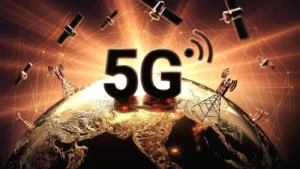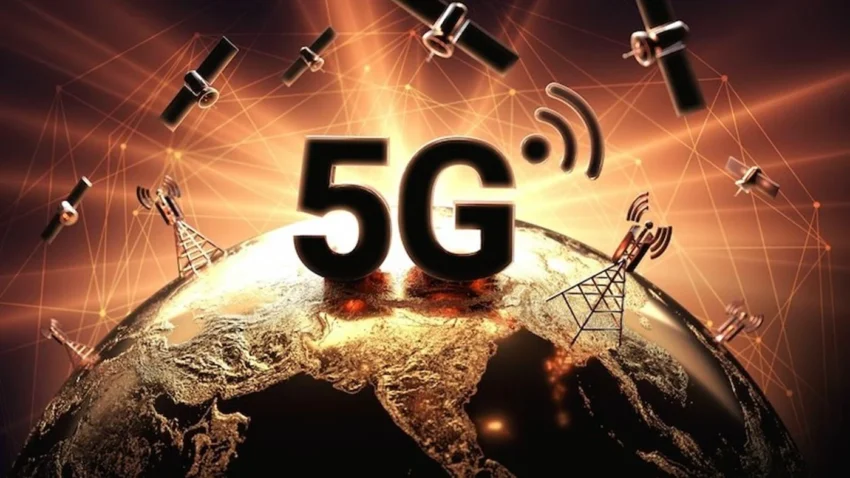Unquestionably, one of the most prosperous technological businesses in the world is Huawei. Despite difficulties brought on by the US embargo in recent years, the Chinese tech behemoth has persisted. The company’s concentration on R&D is one of the primary factors contributing to its success. With more than 2,000 patents registered globally, Huawei has been working on 5G technologies for a very long time and is now dominating the field. Here are the specifics…
Huawei Leads 5G Patent Race, According to LexisNexis
The battle for 5G patents is being driven by Huawei, with more than 2,000 patents submitted globally, according to a LexisNexis study that analyzes patent filings. This is vital for the business, especially in light of the fact that 5G is seen as the forthcoming wave of wireless technology that has the potential to revolutionize industries including manufacturing, transportation, and healthcare. Not only is it anticipated that 5G would be far faster than 4G, with speeds up to 10 gigabits per second. Additionally, because of the decreased latency, data will be sent more rapidly.

The “Who Owns Core 5G Patents?” paper investigated which standard-essential patents (SEPs) are most advantageously situated to rule the expanding 5G industry. Patents known as SEPs are necessary for the implementation of a technological standard like 5G. In terms of both number and quality, LexisNexis placed Huawei, Qualcomm, and Samsung as the top three SEP holders. The remaining top 10 companies were Ericsson, Nokia, LG Electronics, ZTE, Oppo, NTT, and InterDigital.
The survey also revealed that the US, with more than 28,000 issued 5G patents, is leading the way, followed by China with over 26,000 and Europe with almost 15,000 patents. “Huawei’s leadership in the 5G patent race is a testament to its significant investment in research and development,” said Muzammil Hassan, the report’s co-author. “However, it’s crucial to remember that having a patent does not ensure commercial success. Other elements will also be important, including product quality, client connections, and government assistance.
Some countries are worried that Huawei’s supremacy in 5G patents would give the corporation too much power over the creation and deployment of 5G networks. The US and other nations have recently taken action to limit Huawei’s access to markets and technologies.
Huawei is still a significant player in the global 5G industry despite these difficulties. The firm is a prominent provider of 5G equipment and has installed 5G networks in more than 170 nations and regions.
